G4S Meri Seif Line - committed to sensitively assist survivors
G4S continues to provide an essential emergency transport service for families experiencing family and sexual violence as championed by Managing Director, Mr Kerry McNamara. All Meri Seif Line operators and responders are trained in responding sensitively to survivors via a training package developed by the Business Coalition for Women (BCFW). The following interview with Evonne Kennedy outlines the services offered by the Meri Seif Line and the training provided to G4S staff.
What is the G4S Meri Seif Line?
The Meri Seif Line can be contacted on 7222-1234, 24 hours a day, 7 days a week – please save this number.
The G4S Meri Seif Line is a hotline and service that has been operating in Port Moresby and is also now included as part of Bel isi PNG’s coordinated and structured referral pathways - providing a safe transport option for survivors of Family & Sexual Violence (FSV). Available 24 hours a day, 7 days a week, an FSV survivor can call the hotline and request a pick up by a G4S response team who will then safely remove the survivor and take them to a ‘safe’ place. This can be a friend or family member’s home, the hospital, the police station, a safe house etc. The location is at the survivor’s discretion.
Specialised training for first responders of the Meri Seif Line?
Recognising that G4S Meri Seif Line responders are the first point of contacts with survivors in rendering assistance to the survivor, collectively the Bel isi PNG partners acknowledged the importance of training and skilling the G4S staff as first line responders. As a key partner of Bel isi PNG and having already had previous experience in developing training and modules around access to justice for survivors of FSV, BCFW was able to take the lead in developing and implementing the Train the Trainer (TOT) Manual.
What does the TOT involve?
Initially there was not a clear process in terms of how the G4S team should respond to and sensitively assist survivors. BCFW worked with the G4S Human Resources department and head trainer to develop the TOT Manual. Care was taken to ensure the training complemented G4S code of conduct and company policies.
The training is concentrated around educating the G4S responders on FSV, the laws and the appropriate response. The training has been framed in the context of human rights and works towards ‘unpacking’ the power and social norms around violence. The training also covers the referral pathways depending on the time of day or night the call is received, plus the importance of timely medical attention if there has been an incident of sexual assault.
Whilst BCFW is responsible for the development and initial implementation of the manual, to ensure its sustainability the training will be managed by G4S with BCFW co-facilitating components in the future.
What is meant by ‘unpacking’ the power?
PNG has a deeply ingrained culture of violence. One of our biggest issues is the level of acceptability towards violence which is a lot higher here than other countries which have instilled more sensitisation around eradicating violence from social norms.
With this in mind, our challenge is about ‘unpacking power’ and looking more closely at all types and levels of violence in an effort to gradually work towards severing the cycle.
Why was a train the Trainer model selected?
We need to approach the sustainability of the training from both a company and employee level. From a company level, it is critical that the training is embedded into the company policy and induction processes to encourage and facilitate a continuation of practice.
From an employee level it must be reinforced that FSV is not just a family issue, it is against the law. This will be our biggest challenge as we first need to break through some of the myths which surround FSV. It’s about recognising this is a social issue and that beliefs and prejudices will not change overnight but with education and continual awareness there is hope. Various platforms, for example, lunch and learn and information sessions within the company will help to continually educate the employees on FSV.
Does BCFW have the capacity to develop training manuals for other companies?
Yes. We currently have other companies who have engaged us to provide services, resources and support regarding FSV. This is very comforting as it shows the commitment the private and public sector have to combatting this issue.
For more information on the training services provided please visit their website http://www.pngbcfw.org/.
Meri Seif Line
The Meri Seif Line can be contacted on 7222-1234, 24 hours a day, 7 days a week.

